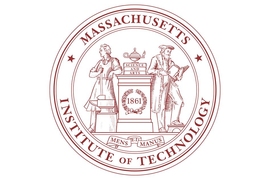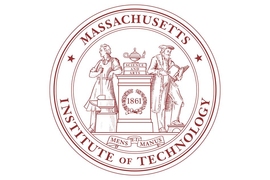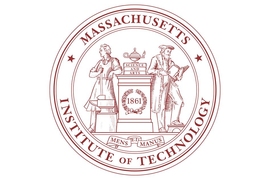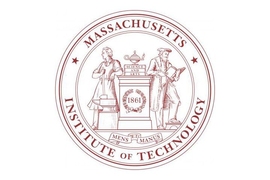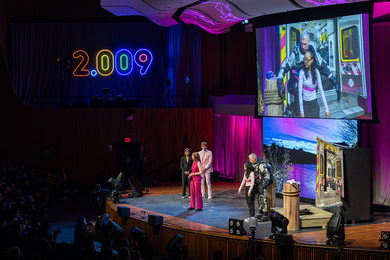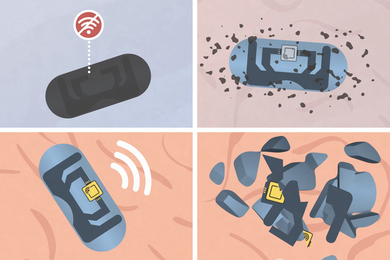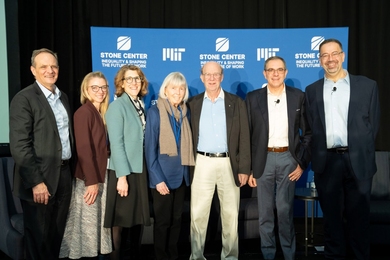In the fall of 2014, Chancellor Cynthia Barnhart released the results of the Community Attitudes on Sexual Assault (CASA) survey, an online survey that was sent to all MIT undergraduates and graduate students to better understand the extent and effects of sexual misconduct at MIT. With information and insights from CASA in hand, the administration has been partnering with students, faculty, and staff to raise awareness about what constitutes misconduct and how to prevent it, and making significant investments in resources. Against the recent backdrop of sexual harassment and assault cases in workplaces and at institutions across the country, Barnhart spoke to MIT News about the Institute's work to address this complex problem.
Q: In the three years since the CASA survey results were released, how has MIT responded to what we learned from students about sexual misconduct on campus?
A: The CASA survey has given us a baseline understanding of sexual assault at MIT — it shed a light on painful problems in our community, and it pointed us in the direction of solutions.
The key takeaways were that we needed to do more to educate people about support resources and reporting options, we needed to make it easier for them to get help, and we needed to change attitudes and behaviors. Over the last three years, thanks to investments in new staff, education and community outreach initiatives, and updates to our policies and procedures, we’ve been able to make some meaningful progress.
The Title IX and Violence Prevention and Response (VPR) offices have added education, prevention, community outreach, and investigatory specialists to their teams, enabling us to educate more people about how to prevent sexual misconduct from happening, and to effectively respond when incidents occur. Through these efforts, we have sparked the kind of dialogue and awareness that leads to prevention and changes in culture that get at the root of this problem. Here are just a few examples:
• Since 2015, nearly 3,000 fraternity members and undergraduates have taken part in Party-Safe Plus training, which teaches students how to host parties responsibly and includes lessons on bystander intervention.
• In 2016 and 2017, a total of more than 1,200 sorority members completed Sorority Trainings Addressing Risk (STAR), which focuses in part on sexual assault awareness and sexual assault intervention.
• All new undergraduate and graduate students, faculty, staff, and postdoctoral scholars are required to complete an online sexual misconduct training program so they are aware of campus resources, policies, and reporting options.
According to the CASA survey, 63 percent of respondents who reported experiencing unwanted sexual behavior told someone about it; 90 percent of those students sought support from a friend. To respond to this finding, we’ve made a concerted effort to strengthen our peer-to-peer education and support network. I’m particularly proud about the positive impact of two student-led initiatives:
• In just over two years, 70 Pleasure@MIT student educators have conducted workshops about components of healthy, respectful relationships in more than 21 residence halls and fraternities, sororities, and independent living groups. They’ve reached more than 1,000 of their peers who continue to spread what they learn.
• Together with the Title IX Office, our graduate student leaders in Graduate Women at MIT (GWAMIT) are hosting dinners every semester with representatives from many different departments to discuss gender issues and to share best practices about promoting an inclusive, welcoming academic climate.
We’ve also made updates to MIT’s policies and procedures. We have expanded and clarified sexual misconduct policies, including those that address sexual assault and sexual harassment, intimate partner violence, and stalking. Responding to the recommendations of an Institute task force, we implemented more robust procedures to investigate and adjudicate student complaints of sexual misconduct. And the Title IX office now offers a new online reporting form, accepts anonymous reports of misconduct, and publishes annual reports summarizing aggregate statistics on the types of student cases they handle.
Q: How do you know that the efforts you’ve undertaken since the CASA survey are having a positive impact? And what new initiatives can you tell the MIT community to expect to see in the coming weeks and months?
A: I am measuring our progress across three key indicators. The first is that we are seeing more students come forward to seek support for or to report unwanted sexual behavior. VPR is serving more clients and taking more calls to their 24/7 hotline than ever before. The Title IX Office handled 118 and 115 student sexual misconduct cases in academic years 2015-16 and 2016-17 respectively. This represents a roughly 24 percent increase over their 2014-2015 caseload.
We think these increases can be attributed to our education and outreach work: More members of our community know what sexual assault is, understand where they can turn to for help, and trust our support resources to provide critical services.
The second indicator that tells me we are on the right track is the robust level of engagement we’re seeing from all corners of the Institute — more and more students, faculty, and staff are invested in changing attitudes and behaviors and creating a safer, more respectful and inclusive environment on campus. Some examples of this engagement are:
• For the past two years, the faculty, students and staff of the Institute Committee on Sexual Misconduct Prevention and Response (CSMPR), under the leadership of Associate Professor David Singer, have worked tirelessly to develop a roadmap for ending sexual harassment and misconduct at MIT. The senior administration values the committee’s thoughtfulness, care, and sensitivity, and their recommendations have helped to shape decisions about new faculty and staff training, a consensual relationships policy, and complaint resolution procedures. We look forward to continuing to work with this committee as we improve our policies and processes.
• VPR and Title IX are seeing an uptick in requests from departments, labs, student organizations, and residential life staff for trainings (to request one, email titleix@mit.edu).
• MIT’s Interfraternity Council’s (IFC) sexual misconduct committee partnered with VPR and Alcohol and Other Drugs Services (AODS) to launch the Consent Awareness and Prevention (CAP) certification program that incentivizes and recognizes fraternities that prioritize member education and co-sponsor awareness events with VPR.
• The Department of Chemistry is set to launch a program that will offer every lab group the opportunity to receive training on inclusive environments, sexual harassment, and bystander intervention. We expect that this pilot will be a model that other departments can and will adopt.
The third indicator comes from our students. They are telling us that their peers treat one another with respect. In 2015, 80 percent of undergraduates who responded to the Undergraduate Enrolled Student Survey agreed that “Students at MIT treat one another with respect.” In the 2017 Student Quality of Life Survey, which went to all MIT students, nearly 90 percent of undergraduates and graduate students agreed with the same statement.
These are all positive signs, but I know that our work is not done. We have to sustain the momentum we’ve created on student support and education, and constantly evaluate the impact we’re having. And we must increase the attention we’re paying to what our students, faculty, and staff are experiencing in their classrooms, labs, and offices. Here are some of the ways we plan to do that:
• By the end of this academic year, all current faculty, staff, and postdocs will be expected to complete sexual harassment and misconduct training to increase their understanding about how to prevent and respond to these issues.
• A new consensual relationships in workplace or academic environment policy will address relationships that may raise concerns of conflict of interest, abuse of authority, favoritism, and unfair treatment.
• MindHandHeart has launched the new Department Support Project in several academic departments to help share best practices and coordinate climate enhancements, with a focus on gender bias and discrimination issues.
• We will administer a sexual assault survey to students in the 2018-19 academic year so that we can measure and effectively respond to shifts in attitudes, behaviors, and culture since our 2014 survey.
Q: A wave of national sexual harassment and abuse cases has come to light in recent months. How do you think this moment will influence MIT’s education and prevention efforts?
A: First, I think what’s been reported nationally and locally is deeply disturbing, and underscores that sexual misconduct affects individuals, workplaces, and institutions everywhere in our country.
I think, though, that good can come out of this moment: People at MIT and across the nation are talking about these problems, and that’s the start of finding the solutions we urgently need. Against the backdrop of the national dialogue that’s happening right now, I believe we can double down on our commitment to addressing all types of sexual misconduct at MIT. With partners from other offices, I’m prepared to continue this vital work, and I know that there are many students, faculty, and staff who are as well.

